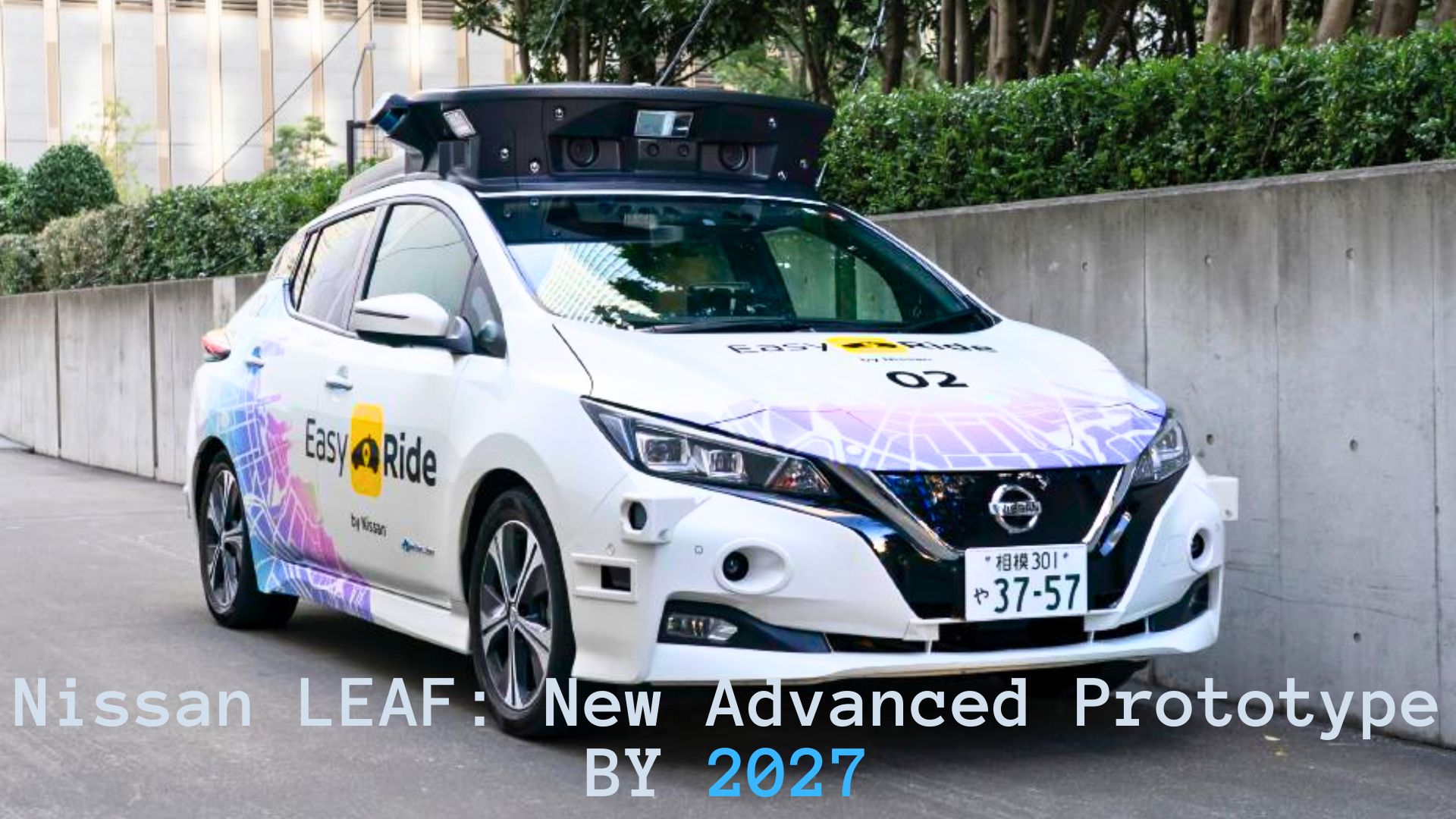Nissan Pioneers Autonomous Mobility with Advanced LEAF Prototype. This initiative marks a significant step forward in Nissan’s ambitious goal to roll out autonomous mobility services by fiscal year 2027.
Advanced Sensor Suite Enhances Capabilities of Nissan LEAF
Nissan LEAF has recently commenced demonstrations of a prototype vehicle equipped with its cutting-edge autonomous drive technologies. The showcased Nissan LEAF prototype is a marvel of modern technology, boasting an impressive array of sensors: 14 cameras, 10 radars, and 6 LIDAR sensors. This advanced sensor suite significantly expands the vehicle’s detection area, allowing for more precise and accurate environmental awareness. Compared to previous iterations, the latest prototype features a comprehensive array of roof-mounted sensors, enhancing its ability to navigate complex urban environments.
Improved Performance in Complex Urban Environments
The advancements in the sensor technology translate directly into improved recognition performance, behavioral prediction, and judgment functions. These enhancements ensure that the LEAF operates smoothly in a variety of challenging scenarios. On the busy streets of Yokohama, near Nissan’s global headquarters, the Nissan LEAF prototype demonstrates remarkable capabilities: predicting pedestrian behavior, executing lane changes during merging, and making safe intersection entries.
Path to Autonomous Mobility Services
Nissan has been exploring business models for future mobility services since fiscal year 2017. The current demonstration operates at SAE Level 2, with a safety driver present. However, Nissan LEAF aims to enhance this functionality progressively, intending to offer fully autonomous mobility services in Japan by fiscal year 2027. Collaboration with local authorities and transport operators will be crucial in this endeavor.
Upcoming Trials and Service Demonstrations
In the fourth quarter of the current fiscal year, Nissan plans to begin trials in the Minato Mirai area, progressing to service demonstration tests by fiscal year 2025. These trials will incrementally increase the level of autonomous driving functionality, closely monitoring customer acceptance to pave the way for driverless services.
Government Collaboration and Future Vision
Nissan’s initiative is conducted in close cooperation with the Japanese Ministry of Economy, Trade and Industry, the Ministry of Land, Infrastructure, Transport and Tourism, and other central ministries. These collaborations aim to promote the realization of new autonomous mobility services through the Level 4 Mobility Acceleration Committee.
Addressing Local Mobility Challenges
Nissan’s long-term vision is to empower mobility by addressing transportation service challenges faced by local communities, particularly in Japan. With an ageing population leading to driver shortages, Nissan aims to offer a range of new services that facilitate free movement and alleviate these issues.
Nissan LEAF’s prototype demonstrations highlight significant progress towards achieving autonomous mobility. With continued advancements and strategic partnerships, Nissan is well-positioned to transform the future of transportation, offering innovative solutions to meet the evolving needs of local communities

